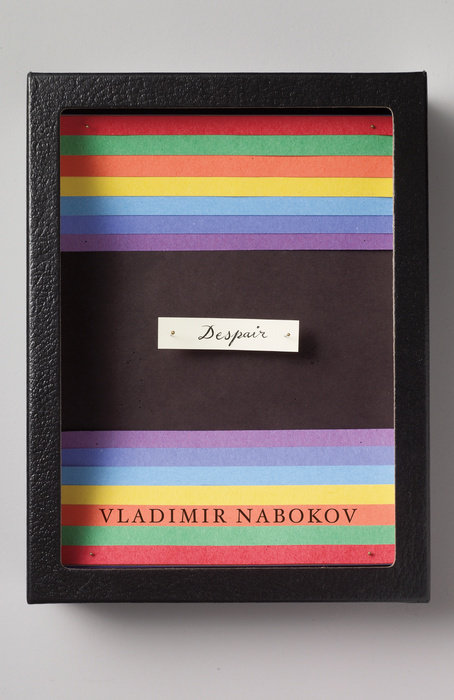
Lolita
Book Description
A love story spiraling into obsession, “Lolita” unveils the tumultuous journey of Humbert Humbert, a man entangled in a web of forbidden desire. As he maneuvers through betrayal and heartbreak, his infatuation with the enchanting young girl exposes the darkness lurking behind passion. Each page crackles with tension and moral ambiguity, leaving a trail of chaos in its wake. Can the pursuit of beauty justify the prices paid in its name? In a world where innocence meets depravity, what sacrifices will one man make for redemption?
Quick Book Summary
"Lolita" by Vladimir Nabokov is a provocative and masterfully written novel that explores obsession, manipulation, and the dangerous intersections of innocence and depravity. The story is told through the voice of Humbert Humbert, a cultured and eloquent but deeply troubled man who becomes infatuated with twelve-year-old Dolores Haze, whom he nicknames "Lolita." Humbert's fixation leads him to marry Lolita's mother and manipulate his way into the young girl's life, spiraling into a tumultuous journey across America. Nabokov's novel delves into the moral ambiguities surrounding desire, the corruption of innocence, and the consequences of unchecked obsession, provoking reflection on love, guilt, and the distorted lens of unreliable narration.
Summary of Key Ideas
Table of Contents
Obsession and Moral Ambiguity
"Lolita" unfolds through the confessional narrative of Humbert Humbert, whose cultured manner and eloquent prose mask a disturbing obsession. From the outset, Humbert's fixation with young "nymphets"—girls on the cusp of adolescence—sets the stage for his fateful encounter with Dolores Haze. The recent widower takes lodging with Charlotte Haze and quickly becomes obsessed with her twelve-year-old daughter. Humbert's internal conflict is palpable, as he juxtaposes his seemingly genteel sensibilities with morally depraved desires, inviting readers into a deeply subjective world.
Manipulation and Power Dynamics
The theme of manipulation permeates the novel as Humbert ingratiates himself into the Haze household and ultimately marries Charlotte to remain close to Lolita. After Charlotte's sudden death, Humbert becomes Lolita's sole guardian, embarking on a road trip across America that serves as both a literal change of scenery and a metaphorical journey into darkness. He uses cunning and emotional blackmail to maintain control over Lolita, subjecting her to a relationship that is entirely governed by his obsession, while rationalizing his actions through self-justifying prose.
Innocence and Corruption
Nabokov masterfully navigates the concept of innocence and corruption, leading readers to question the boundaries between victim and perpetrator. Lolita, depicted through Humbert's subjective gaze, embodies innocence manipulated and ultimately shattered by those meant to protect her. The novel interrogates whether love can ever justify transgressive actions or if the pursuit of beauty inherently distorts moral judgment. Lolita's own voice, often marginalized, nonetheless peeks through Humbert's narrative, hinting at her suffering and lost childhood.
Unreliable Narration and Perspective
The unreliable narration provided by Humbert adds complexity to the reader’s experience. His sophisticated language and introspection attempt to charm and elicit sympathy, blurring the lines between confession and self-delusion. Readers are prompted to scrutinize his narrative, discerning truth from manipulation. Nabokov employs wordplay, allusions, and irony to underscore the gulf between appearance and reality, challenging the audience to navigate the moral fog created by Humbert’s self-serving worldview.
Consequences and Redemption
The far-reaching consequences of Humbert’s obsession culminate in tragedy and a desperate search for redemption. As Lolita escapes his hold and moves on with her life, Humbert is left to confront the devastation he has wrought. Ultimately, Humbert’s pursuit leads only to ruin and remorse, emphasizing that the costs of unchecked desire are inescapable. Nabokov closes the novel with Humbert reflecting on his guilt, teasing out themes of punishment and the quest for forgiveness in a world irrevocably altered by his actions.
Download This Summary
Get a free PDF of this summary instantly — no email required.





